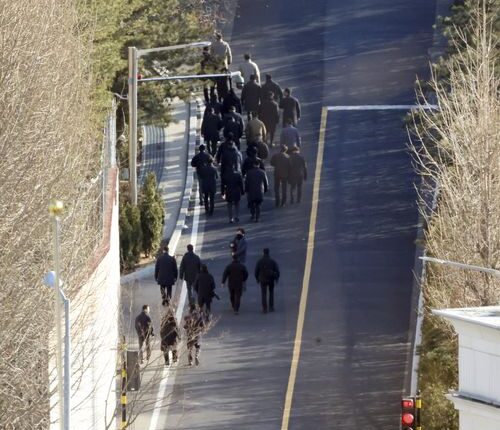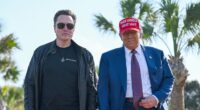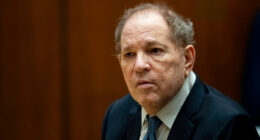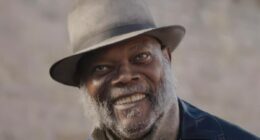The anti-corruption agency of the country mentioned that it removed its investigators when the presidential security service stopped them from entering Yoon’s residence for hours, citing concerns about their safety.

Park Chan-dae, the floor leader of the liberal opposition Democratic Party, expressed disappointment over the withdrawal of the anti-corruption agency and recommended that the agency try to apprehend Yoon again on Friday.
Kwon Young-se, the head of the emergency leadership committee of Yoon’s conservative People Power Party, criticized the agency’s attempt to detain Yoon as “extremely unjust and improper,” stating that there is no risk of Yoon trying to escape or tamper with evidence.
Thousands of police officers gathered at Yoon’s residence on Friday, forming a perimeter around a growing group of pro-Yoon protesters who braved freezing temperatures for hours, waving South Korean and American flags while chanting slogans vowing to protect him. There were no immediate reports of major clashes outside the residence.
Yoon’s defence minister, police chief and several top military commanders have already been arrested over their roles in the period of martial law.
Yoon’s presidential powers have been suspended since the National Assembly voted to impeach him on December 14.
Yoon’s fate now lies with the Constitutional Court, which has begun deliberations on whether to uphold the impeachment and formally remove Yoon from office or reinstate him.
At least six justices on the nine-member Constitutional Court must vote in favour to remove him from office.
The National Assembly voted last week to impeach Prime Minister Han Duck-soo, who became acting president after Yoon’s powers were suspended, over his reluctance to fill three Constitutional Court vacancies ahead of the court’s review of Yoon’s case.
Facing growing pressure, the new acting president, Choi, appointed two new justices on Tuesday, which could increase the chances of the court upholding Yoon’s impeachment.









